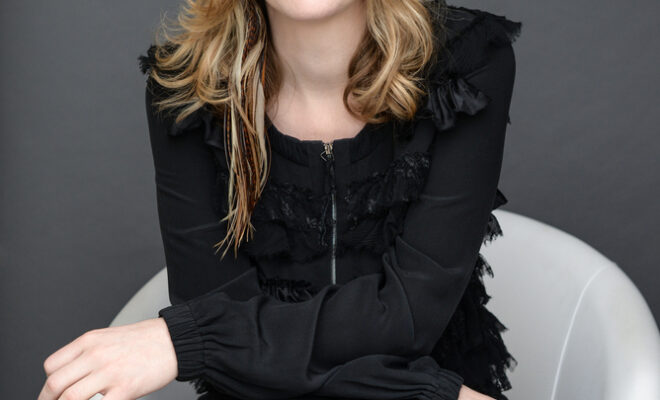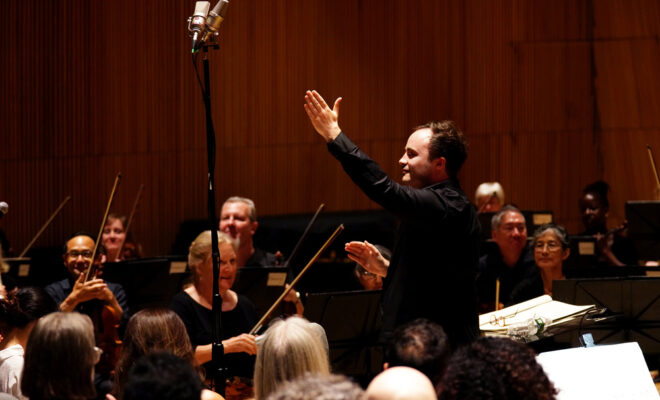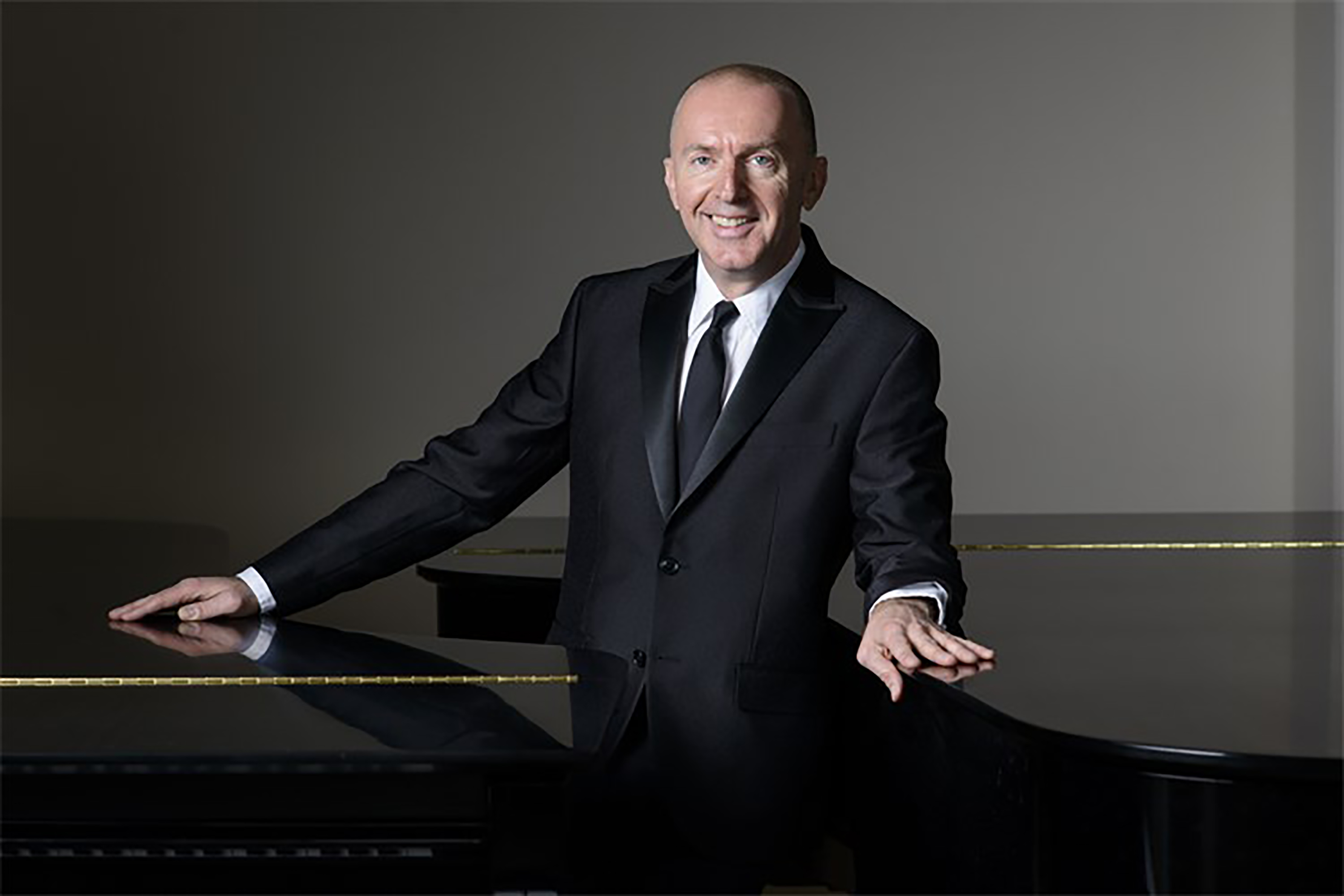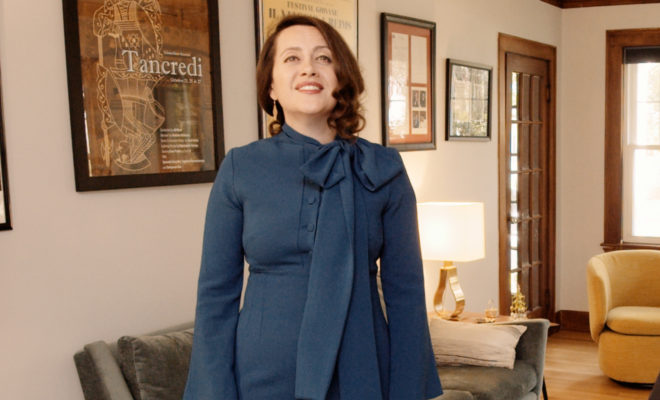Written by Pieter Wispelwey
For an experience to be defining there has to be enough time after the event to prove that it indeed has exercised defining influences. The one in my lifetime that I’m thinking of, happened when I was fourteen. So plenty of time and water under the bridge. Others did certainly occur and shaped me or catalysed my shaping, but the memory of this one is still remarkably vivid and when recalled inspires and moves me.
Later musical experiences with lasting effects include the five greatest concerts in my life, namely the five Lied recitals in the early eighties by baritone Fischer-Dieskau in Amsterdam, two concerts by countertenor Alfred Deller, concerts by cellist Colin Carr and Wagners Tristan with soprano Gwyneth Jones. The one I will write about now is a concert by Anner Bijlsma. In fact two concerts on consecutive days with the six Bach cello suites in the Waalse Kerk in Amsterdam.
I was very much in my formative years and these concerts came at the right moment. There were other factors that made these two days very poignant. One was being in Amsterdam for the first time, feeling the anticipation and excitement of an audience, being part of a cultural event that stimulated the minds and spirits of the visitors. The elation and concentration that are part of the strange ritus of a crowd listening in total silence, as in prayer, listening to, in this case abstract musical lines produced by a single cello.
The music was more than 250 years old, but was speaking to us with urgency and in all liveliness. The cellist played a baroque cello, effortlessly without an endpin, as if he too came directly from Bach’s own time. I knew vaguely that his interpretation was ‘authentic’. The words ‘historically informed’ and ‘period instrument’ might have been used by my cello teacher. It was she who took me to the concerts. She was a great admirer of Bijlsma and had pointed out that nobody else played Bach like he did, that it was new, unconventional and even revolutionary. All elements of the buzz that was palpable during the whole concert.
But then, as soon as the music started, the sounds were genuinely magical, the story telling compelling, the gestures stylish, elegant, whimsical and always meaningful and expressive. The more dance movements passed, the more powerful the hypnotising sound and image of the isolated cellist figure became, the bigger the universe he represented. Over time the space of what the music could all mean expanded. It was clearly far too much for a budding teenager to absorb.
For a few sleepless nights afterwards I was haunted by some motives in the opening bars of the sixth suite that were playing in a loop in my head. That suite had been the climax of the experience. The beauty of sounds of the violoncello piccolo had been totally mesmerising. A beauty, like most, that is accompanied by the bittersweet emotions of a longing for the unknown, of an anonymous nostalgia, of a sense of completeness that will never be reached. So what did I take from this? More than the image of a solitary figure on a stage, more than the realisation of the power of music, I believe it was the idea that it was important and essential that we cherish what’s beautiful about music and art, not only for people in the springs or winters of their lives, but for the sake of the sanity of society.
And then I haven’t even mentioned the genius of Bach that we should celebrate till we drop. In this context there is no way of doing proper justice to what he left us. Playing his music with as much love, insight and temperament we can muster is anyway the best we can do. Recent months have been dramatic in different ways. Fatal for many elderly, tragic for others, painful for huge parts of the population and for other parts just inconvenient and for some not entirely unpleasurable (think family time and practice, lack of travel stress). Putting Bach back in the picture, that story of him returning after almost two months from travelling (horse driven carriage!) for an organ inspection, when he found his wife dead and buried, is sobering. It was in the same time that he wrote the cello suites. In these times of lock down and pandemic we realise how much we need (and always have needed) the comforting workings of art and imagination, that we badly want music to be played live again and shared in real life and that we will strive to heal what’s broken.



